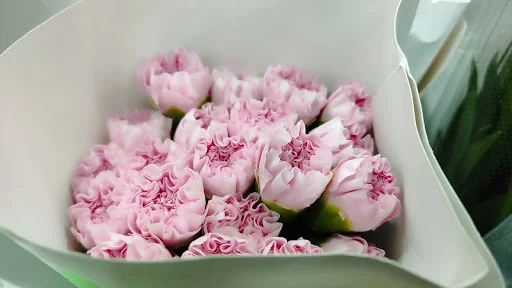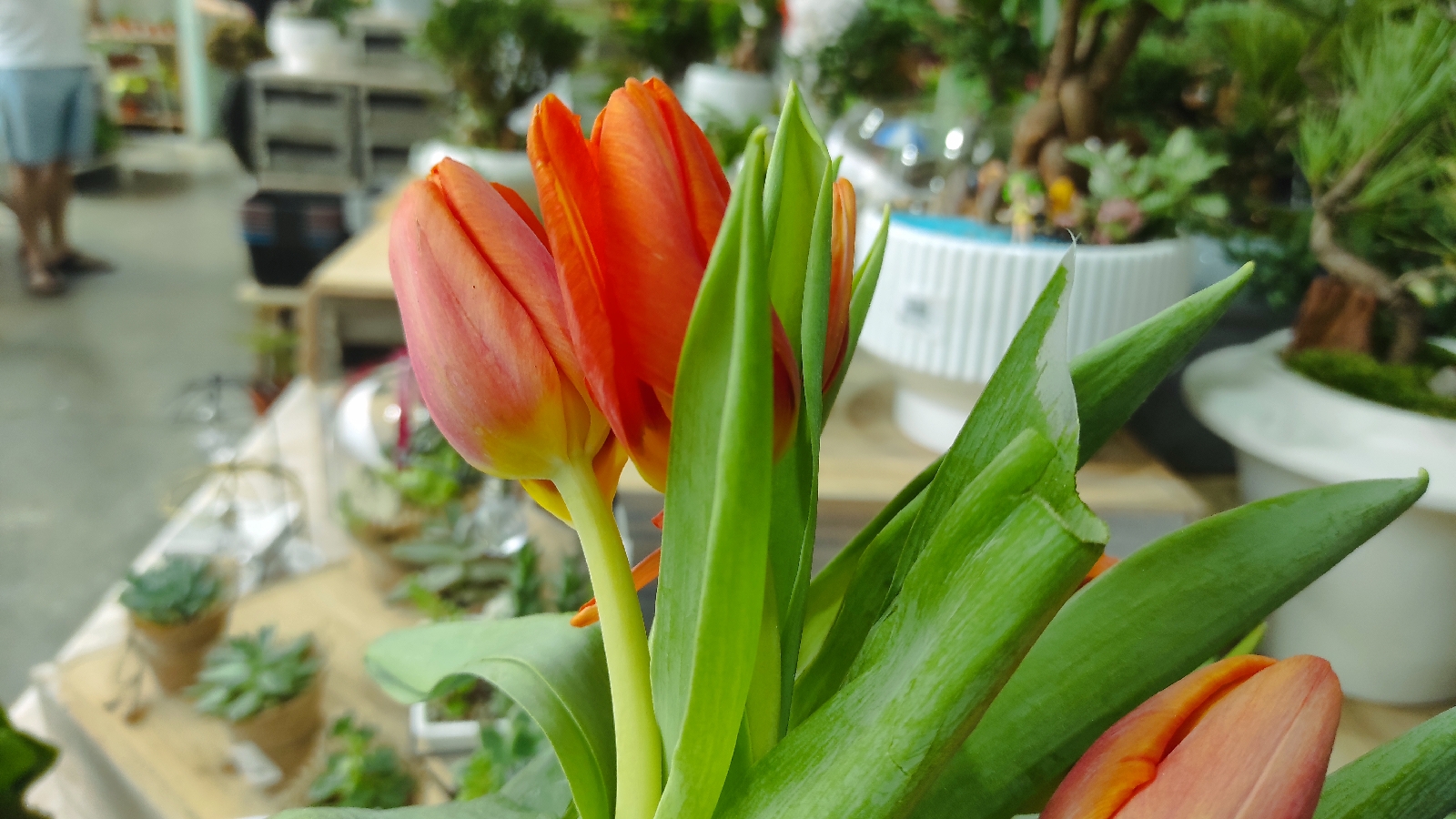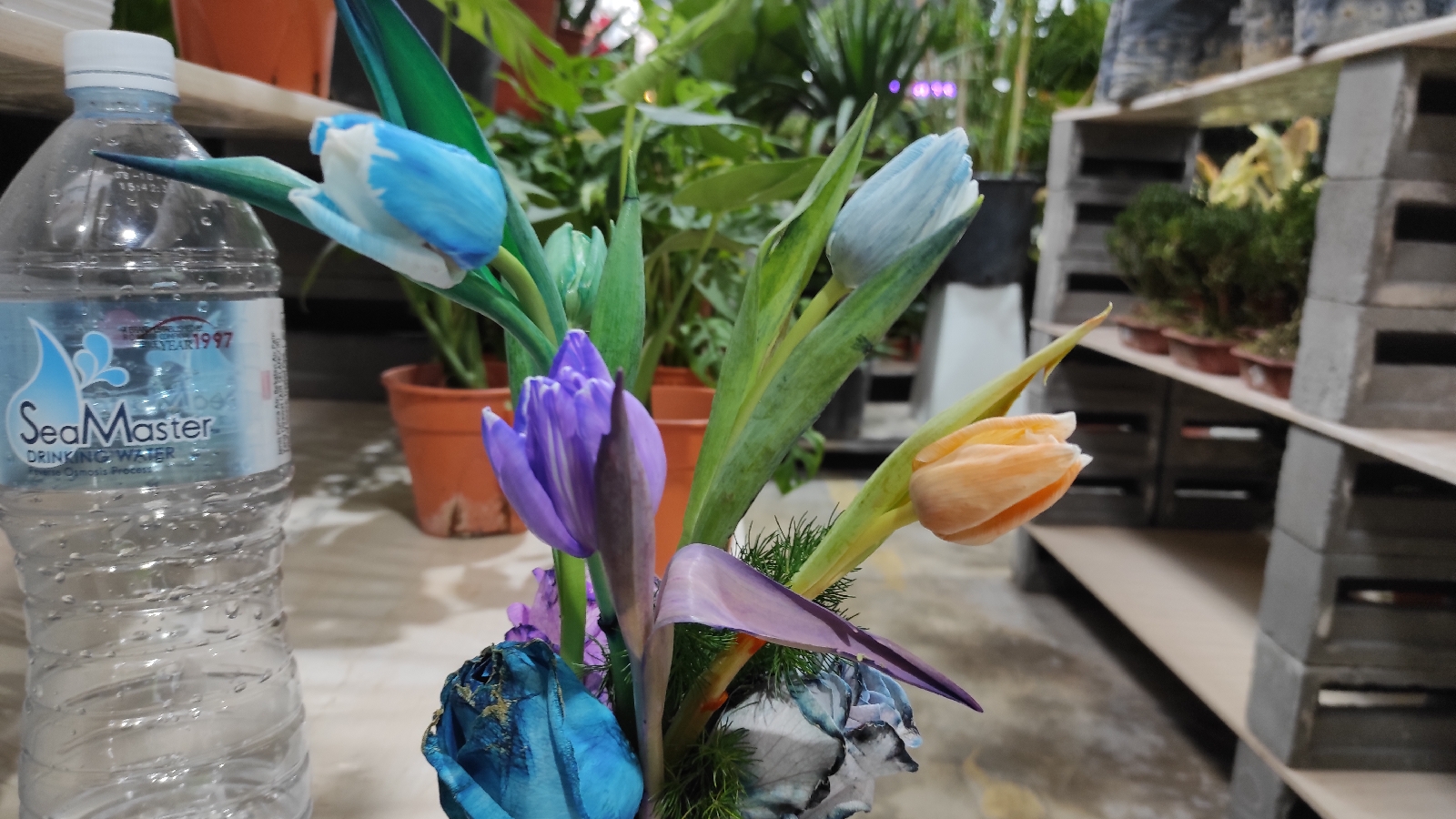Exploring the Timeless Beauty of Carnation Flowers
Carnation flowers, with their ruffled petals and delicate fragrance, have long held a special place in the floral world. This classic flower has a rich history and a time period
Inheritance of a flower: Carnations have a lineage that stretches back over 2,000 years. They are believed to have originated in the Mediterranean region and were cultivated by the ancient Greeks and Romans. Their name, "Dianthus" comes from the Greek word meaning "flower of the gods".
Color Variation: An attractive feature of carnations is their vibrant spectrum of colors. From classic white to deep red, soft pink to fiery orange, and even multi-colored varieties, there's a carnation to suit every occasion and mood. Different colors convey different feelings, making them versatile for gifting and decorating.
Cultural Significance: Carnations are woven into various cultures and traditions. They are often used in floral designs for weddings, Mother's Day and other special occasions. In some countries, carnations are associated with labor movements and workers' rights, making them a symbol of solidarity.
Conclusion: Carnation flowers are more than just beautiful flowers; They are enduring symbols of love, appreciation and cultural heritage. Their wide range of colors, rich history and universal appeal make them an enduring favorite in gardens and flower arrangements. The next time you encounter a delicate carnation, take a moment to appreciate its timeless beauty and the wealth of meaning it carries. Whether used in a wedding bouquet, as a gesture of affection, or to add color to your garden



Comments